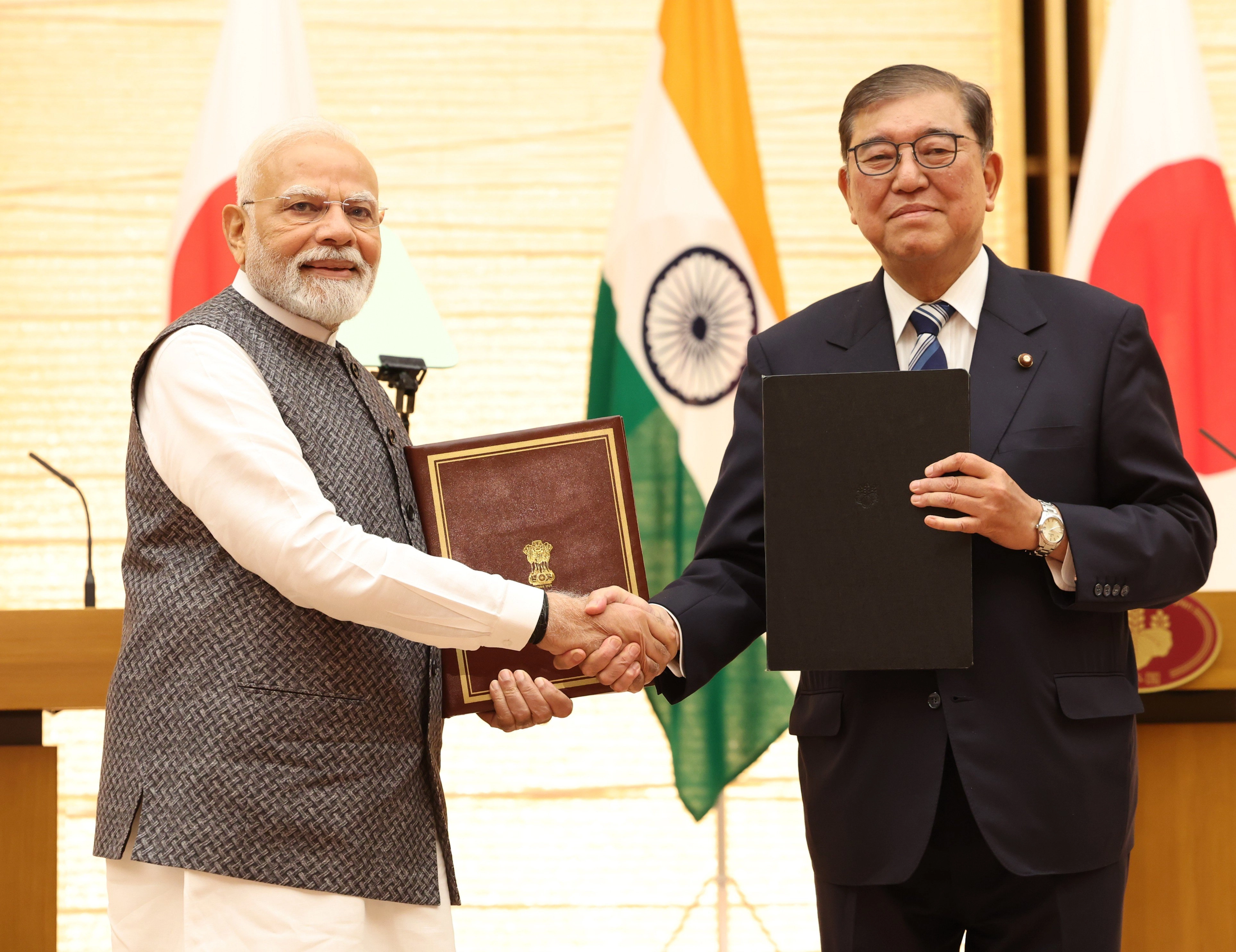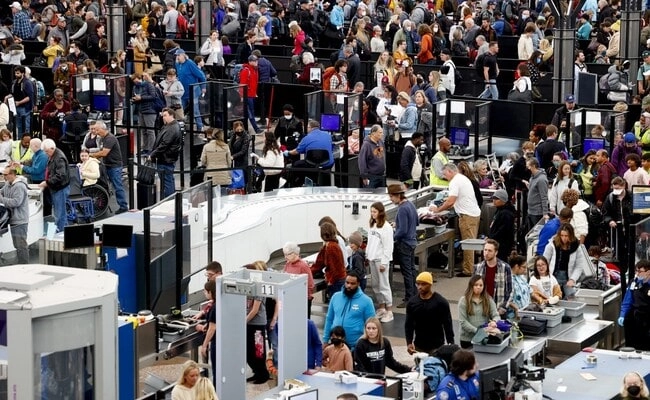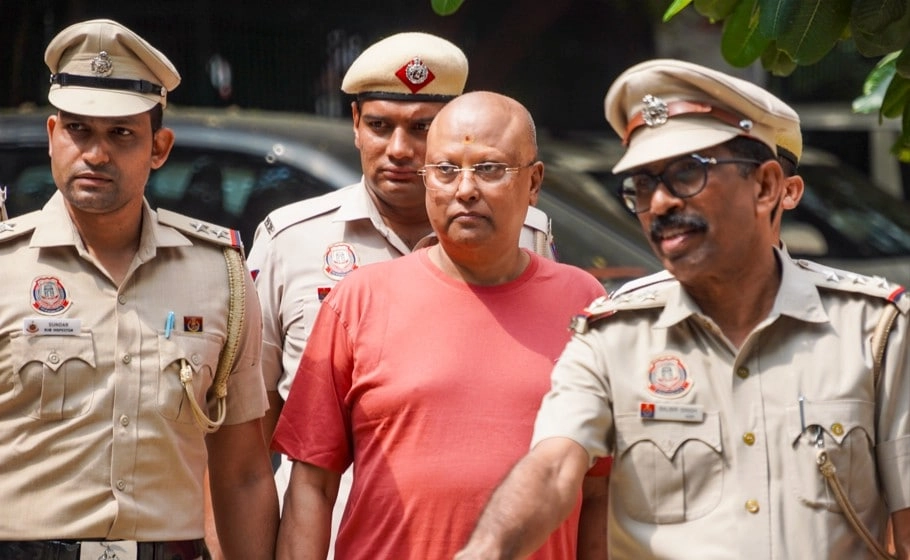During Prime Minister Narendra Modi’s recent visit to Japan, significant diplomatic engagements took place, underscoring the strengthening ties between India and Japan. One of the highlights of the visit was PM Modi’s meeting with his Japanese counterpart, where both leaders discussed various aspects of bilateral relations, including trade, technology, and regional security. The two nations have been working closely to enhance their strategic partnership, and this meeting served as a platform to address key issues affecting both countries.
Following their discussions, PM Modi and his Japanese counterpart held a press meet, where they shared insights into the outcomes of their talks. The Prime Ministers emphasized their commitment to fostering economic cooperation and cultural exchanges. They recognized the importance of collaboration in areas such as renewable energy, infrastructure development, and digital innovation, which are vital for both nations’ growth and stability in an increasingly interconnected world. The leaders also addressed regional security concerns, reiterating their commitment to maintaining peace and stability in the Indo-Pacific region.
This visit is a continuation of the long-standing relationship between India and Japan, which has seen significant progress in recent years. Both countries aim to leverage their strengths to build a more resilient partnership that can withstand global challenges. The engagement also highlights the growing importance of multilateralism, as both leaders expressed their dedication to working together with other nations to address issues such as climate change and economic recovery post-pandemic. Overall, PM Modi’s visit to Japan not only reinforced existing ties but also set the stage for future collaborations that can benefit both nations and contribute to regional stability.




